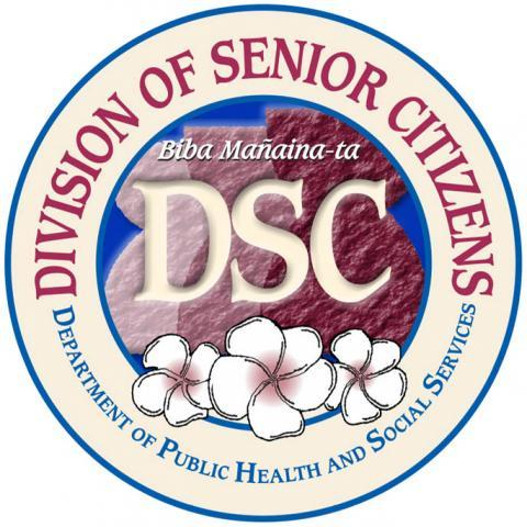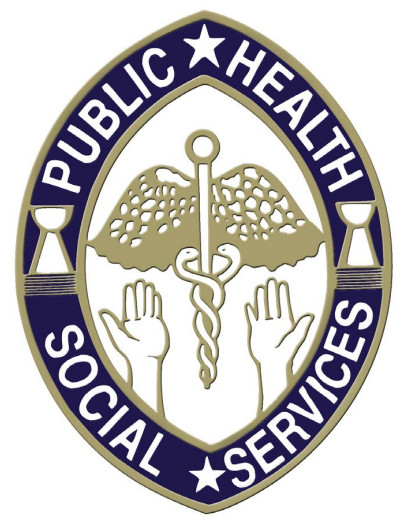Learn About Post-Acute Head Injury Facilities
Post Acute Head Injury Facilities provide rehabilitative services to individuals who have disabilities or impairments caused by head injuries. People suffering from stroke, viral or bacterial encephalopathy, anoxia, and dual diagnosis with spinal cord injuries are often treated at the same facilities.
What are Post-Acute Head Injury Facilities?
Post-acute rehabilitation programs provide additional services for traumatically brain-injured individuals, including treatments for physical disabilities, cognitive problems, communication disorders, functional skills, psychological issues and vocational placement. Ongoing medical issues are also monitored.
Therapies include physical therapy, occupational therapy, speech/language therapy, educational therapy, counseling and clinical psychology, neuropsychology, exercise physiology, rehabilitation nursing, vocational rehabilitation and recreational therapy. Vocational rehabilitation may not be a reasonable goal for all individuals, but should be discussed in the initial stages of treatment. Typically, a physiatrist (specialist in rehabilitation medicine) makes referrals where further medical expertise is required.
Generally speaking, referred patients must be medically stable and have a diagnosis of acquired brain damage. While the diagnosis is often traumatic brain injury or closed head injury, people suffering from stroke, viral or bacterial encephalopathy, anoxia, and dual diagnosis with spinal cord can also be treated.
What should I look for?
Sometimes specialization in managing patients with specific needs is required –for example, behaviorally disordered patients or patients needing a residential program. More comprehensive programs offer a combination of services at one location, thereby allowing the patient to progress from one level of care to another without having to become acquainted with a new facility or staff.
How do I pay for Post-Acute Head Injury Facilities?
It is important to have a clear picture of what services are required to meet the needs of the patient prior to initiating any program plan, regardless of the environment. Programming can range from 2 months to over 12 months. Costs can be expected to range from $2,000 per month for a minimal outpatient program to more than $30,000 per month for a medically or behaviorally complicated case.
Contact your local State office if you have questions or would like to talk with someone in person about your situation. Guam GetCare staff are available to help you.


